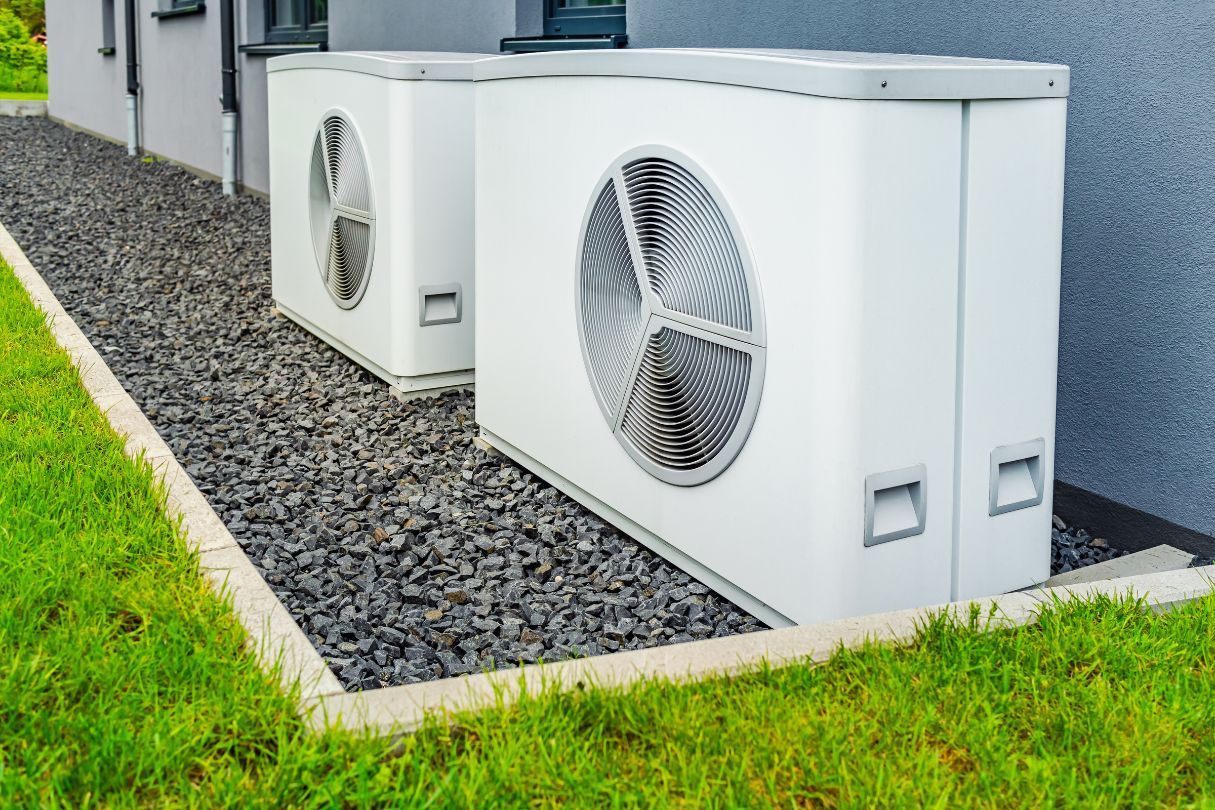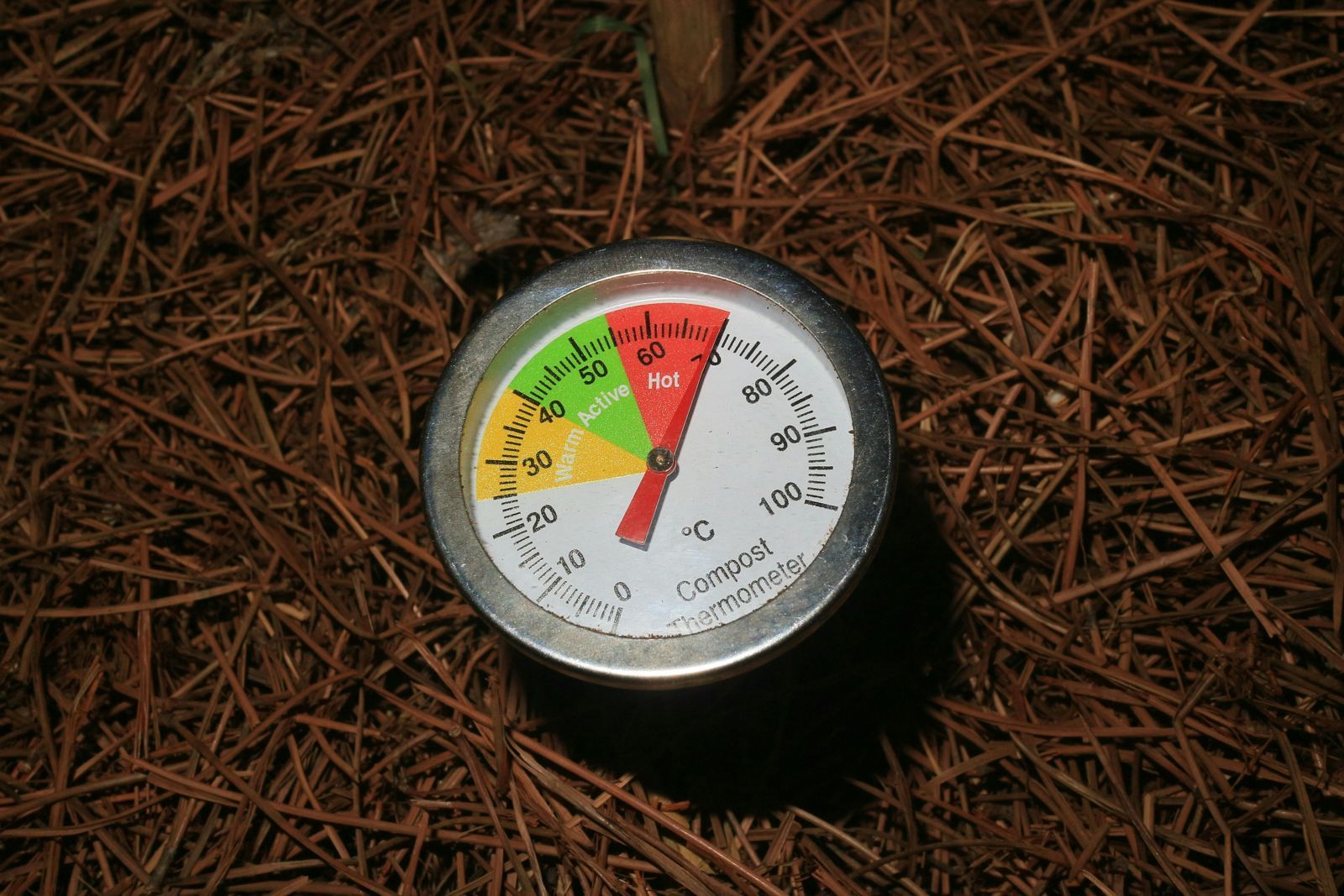Exploring The Environmental Impact Of Heat Pumps

The world is now beginning to prioritise sustainability and low carbon emissions more and more, as this takes place, air source heat pumps are growing in popularity, as an alternative to other heating and cooling solutions. Heat pumps are well-known for their energy efficiency and potential to reduce greenhouse gas emissions, but what is their actual environmental impact? This blog post will help you in understanding the environmental impact air source heat pumps are having and how they compare to traditional heating and cooling systems.
Energy Efficiency Of Heat Pumps
Heat pumps are increasingly
efficient heating and cooling systems that work by
moving
heat from one location to another, as
opposed to traditional furnaces, which generate heat through
combustion. This system helps us in
reducing energy usage and
greenhouse
gas emissions, making them the most
environmentally
friendly choice when heating or cooling buildings.
Reduced Greenhouse Gas Emissions
Heat pumps, which employ
renewable
energy sources such as electricity, can dramatically
cut greenhouse gas
emissions when compared to fossil fuel-based heating systems. Research shows that
heat
pumps can
reduce carbon emissions by up to
50% or more, depending on the energy source used to power them, this is a
massive difference from your
traditional heating and cooling solutions.
Lifecycle Assessment of Heat Pumps
When considering the
effect air source heat pumps have on the world
environmentally, it is important to assess their
entire cycle, from manufacture to disposal. Heat pumps have a much
lower operational impact than traditional heating and cooling systems, although the manufacturing and disposal of heat pump components can still have an impact on the environment. However, technological
developments and
recycling measures are
constantly
enhancing the long-term
sustainability of heat pumps.
New Title
Heat pumps are an effective means to reduce carbon emissions and improve energy efficiency in buildings. While there are some environmental concerns, such as refrigerant usage and lifecycle implications, the overall environmental benefits of heat pumps surpass any potential disadvantages. We can make substantial progress towards a more sustainable future by investing in energy-efficient heat pump systems and relying on renewable energy.
You might also like











